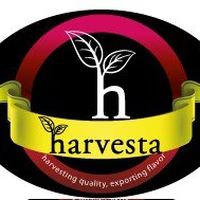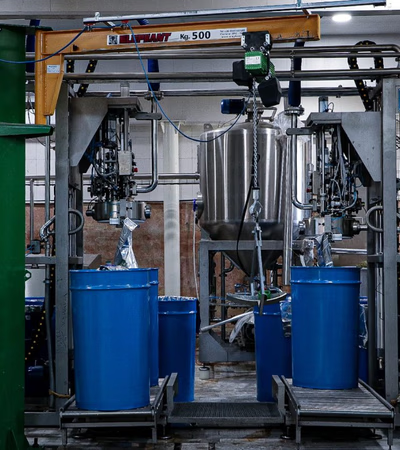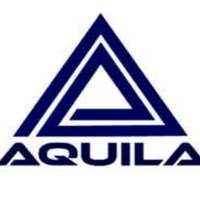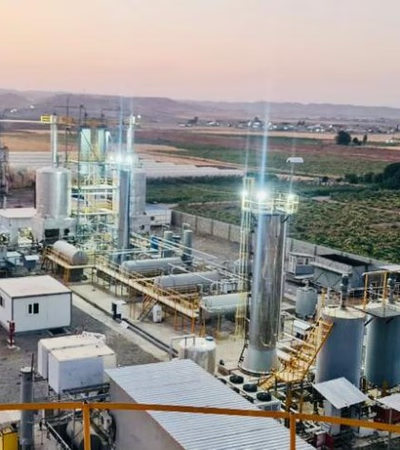As the second-largest OPEC producer, Iraq"s petroleum sector is central to its economy, yet recent data reveals a stark underutilization of its natural resources. In 2015, oil rents accounted for 37. 26% of GDP, a significant drop from 46. 60% in 2014, indicating a volatility that impacts economic stability. This decline contrasts with global trends where increased efficiency and technology have allowed other nations to better stabilize their outputs. This gap presents an opportunity for innovation and strategic partnerships. The sector"s challenges are compounded by a reliance on oil and gas sources for electricity, comprising 50. 15% of total energy production in 2015.
Iraq"s energy transition seems stagnant compared to international progress in renewable energy utilization. The absence of electricity production from renewable sources, excluding hydroelectric, suggests a critical gap in sustainable development practices. Given these insights, businesses have untapped opportunities in renewable energy integration and technological advancements in oil extraction and processing. Partnering with Iraq"s petroleum suppliers could enhance market resilience and diversification, aligning with global sustainability goals. Aritral. com, an AI-driven B2B platform, aids in simplifying international trade of commodities such as base oil, bitumen, and petroleum coke. By utilizing services like product listing and AI-powered marketing, businesses can optimize their engagement with Iraqi suppliers. This platform facilitates direct communication and global sales assistance, fostering growth and innovation in Iraq"s evolving petroleum market. "
-
 حسین 3 مہینے پہلے
حسین 3 مہینے پہلے عراق
میٹر
عراق
میٹر
میٹرتفصیلات
-
 ہارویسٹا لمیٹڈ 3 مہینے پہلے
ہارویسٹا لمیٹڈ 3 مہینے پہلے عراق
ہارویسٹا لمیٹڈ
عراق
ہارویسٹا لمیٹڈ
آپ پر سلام ہو، ہمارے مصنوعات میں پھل، سبزیاں، مچھلی، جھینگے، کیویار، ڈبہ بند کھانے وغیرہ شامل ہیں۔تفصیلات
-
 الطريق المُشرِق للتجارة المشتقات النفطية 3 مہینے پہلے
الطريق المُشرِق للتجارة المشتقات النفطية 3 مہینے پہلے عراق
ایندھن کا تیل اور بٹومین اور ڈیزل
عراق
ایندھن کا تیل اور بٹومین اور ڈیزل
50/60 بٹومینتفصیلات
-
 احمدرضا 3 مہینے پہلے
احمدرضا 3 مہینے پہلے عراق
بٹومین، ڈیزل اور ناپھتا کی فروخت
عراق
بٹومین، ڈیزل اور ناپھتا کی فروخت
بٹومین کا پروڈیوسر جس کی گریڈ 6070 اور 5070 ہیں، جَمبو اور بلک ڈیزل پروڈیوسر مختلف معیاری ناپھتا کے ساتھ جو کم سلفر اور مرکپٹان کے ساتھ ہےتفصیلات






